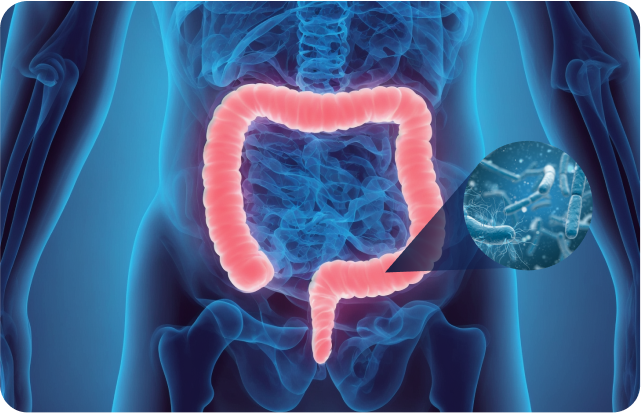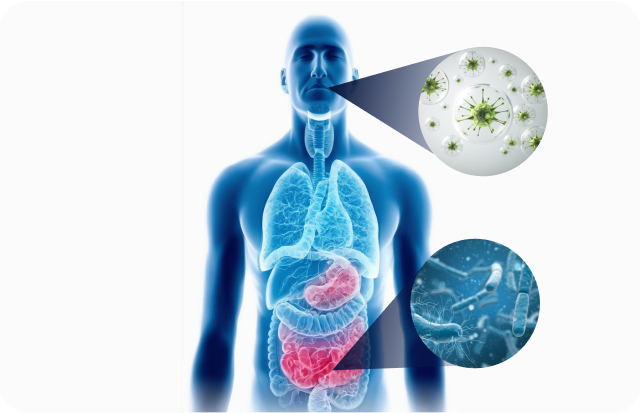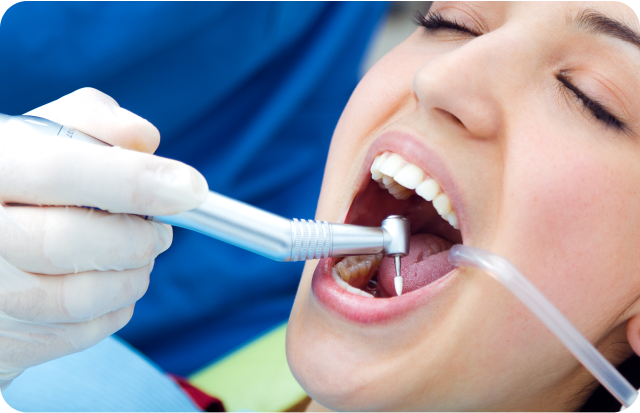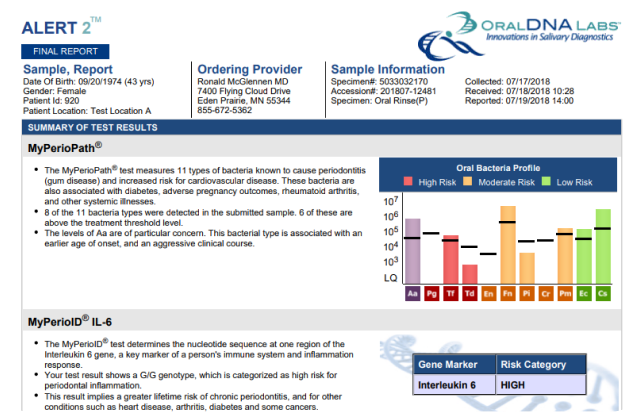What is fusobacterium nucleatum?
Fusobacterium nucleatum is a Gram-negative anaerobic bacterium that is commonly found in the human oral cavity and gastrointestinal tract. It is a pathogenic bacterium associated with various oral and systemic diseases, including periodontal disease, colorectal cancer, and intra-abdominal infections.
Fusobacterium nucleatum is known for its ability to adhere to and invade host cells, which contributes to its pathogenicity. It can also form biofilms, which are complex communities of bacteria that are attached to surfaces and can be difficult to remove. F. nucleatum is considered a "bridge organism" that can facilitate the colonization and growth of other pathogenic bacteria in the oral cavity, contributing to the development of periodontal disease.
In addition to its role in oral health, F. nucleatum has been implicated in systemic diseases, particularly colorectal cancer. Studies have shown that F. nucleatum can be detected in higher levels in colorectal cancer tissues compared to normal tissues, and it is thought to play a role in promoting inflammation and tumor progression. However, the exact mechanisms by which F. nucleatum contributes to colorectal cancer development are still being investigated.








